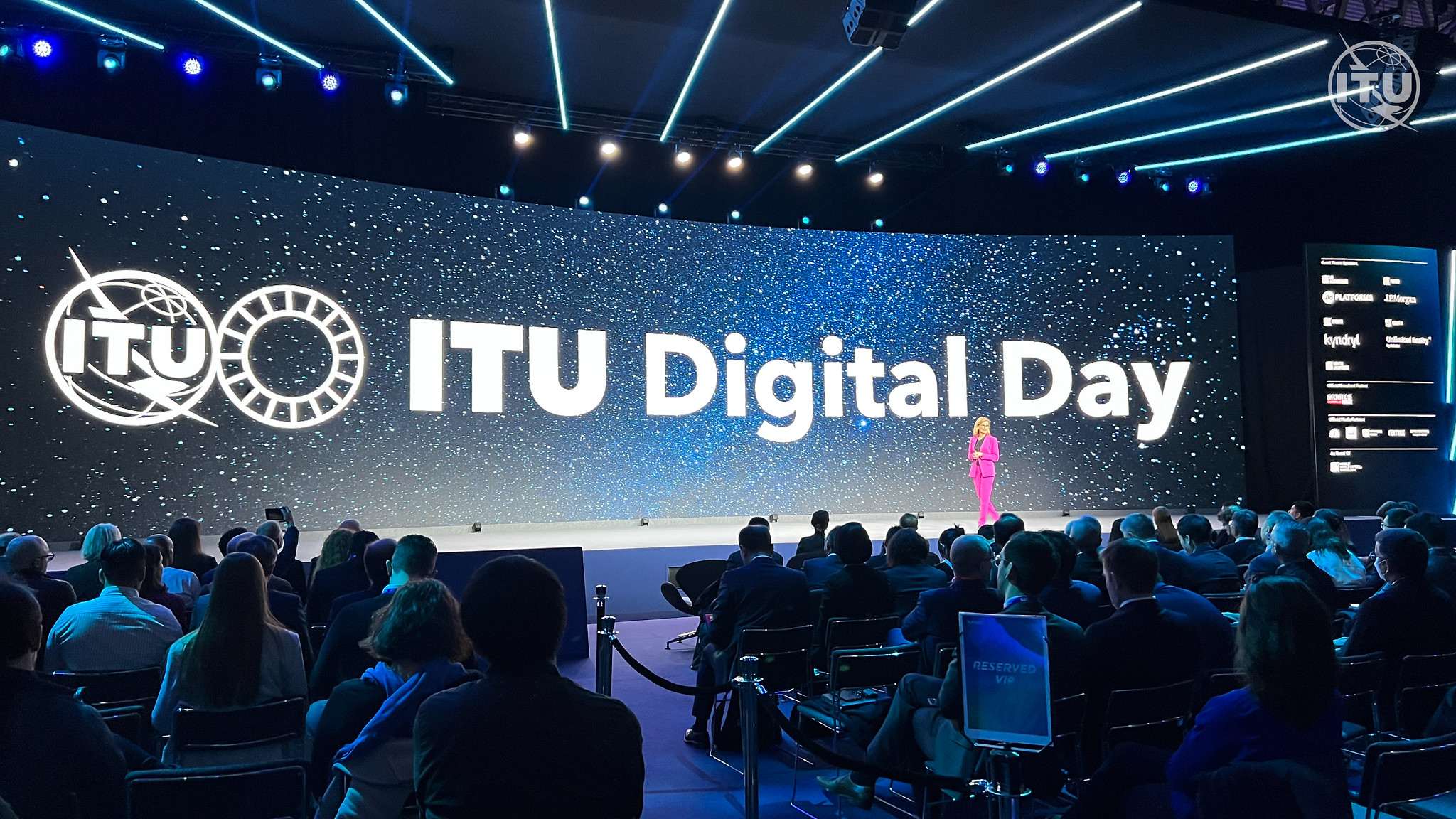Delivering digital for all this decade
Despite technology featuring as a high priority among the G7, many countries around the world are on the sidelines of the digital revolution. But with bold thinking and action, together we can create a more equal and sustainable digital world
Technology features high on the agenda of this year’s G7 summit in Hiroshima, bringing into focus the reach and scope of digital technology across economies in G7 members and the developed world.
But for low- and middle-income countries in the Global South, it’s a different story – and the picture changes completely in least developed countries, where about two-thirds of the population are still offline.
I told my counterparts in other agencies at the fifth United Nations Conference on the Least Developed Countries in Doha in March that these countries’ journey from potential to prosperity starts with digital development. The G7 should approach this not just as a moral imperative, but as an opportunity to address the world’s most pressing challenges by advancing the UN Sustainable Development Goals.
With only a few years left to deliver on the SDGs by 2030, success depends on the ability to make progress on the two clear strategic goals identified by the member states of the International Telecommunication Union – namely, universal connectivity and sustainable digital transformation.
As the head of ITU, the UN agency for digital technologies, I have made delivering digital for all in this decade my top priority by focusing our efforts in three key areas.
The first is recognising that finite resources such as the radio-frequency spectrum and associate satellite orbits are the building blocks of our advanced global communication systems for all humanity. As such, they need to be shared equitably and responsibly while avoiding harmful interference.
Shaping digital development
ITU’s role is critical in providing a stable regulatory environment for this to happen, most notably through our World Radiocommunication Conferences. The next one, set to take place in the United Arab Emirates in late 2023, will shape digital development for this decade and well into the future.
New frontiers such as space are opening up opportunities for new sustainable business and growth prospects – and here, too, ITU will work to address the spectrum needs of new space systems while maintaining the reliable and sustainable space services of existing systems. Developing countries must not be left behind in the development of the space economy.
The second area is to help different actors in the digital ecosystem speak the same language through the development of global technical standards.
Standards are the threads that weave together new technologies like artificial intelligence and the Internet of Things into critical infrastructure networks, to make them more connected, performant, efficient, accessible and sustainable.
For the first time, energy efficiency and environmental sustainability are being considered as part of the technical specifications for 6G – what we at ITU call ‘IMT-2030’.
Our third focus is to use digital development, especially in the Global South, as a catalyst for the SDGs.
That means, as UN secretary-general António Guterres said, “making the Sustainable Development Goals real in the lives of people everywhere”. If people cannot afford a digital device or service, or lack the skills to use either, if they do not find content useful or feel safe online, how can they leverage technology for health care, innovation, education or employment?
Yes, this comes with its fair share of risks. But the consequences of inaction far outweigh the benefits of staying still.
Tackling these challenges head on requires us all to think big and act boldly – together.
This is the idea behind the ITU-led Partner2Connect Digital Coalition. Most global challenges – like connecting the world – are too big for any single entity to face alone.
A little over a year after ITU called on all stakeholders to connect the communities that are still left behind, Partner2Connect counts more than 600 pledges worth $30 billion, covering areas ranging from infrastructure to cybersecurity to digital skills. It is a promising start, but only a fraction of what is needed to close the digital divide once and for all.
Common priorities
ITU and the G7 have common priorities. When G7 leaders meet in Hiroshima in May, I call on them to rise to the occasion – to choose to create a more equal, just, safe and sustainable digital world in this decade for generations to come.












